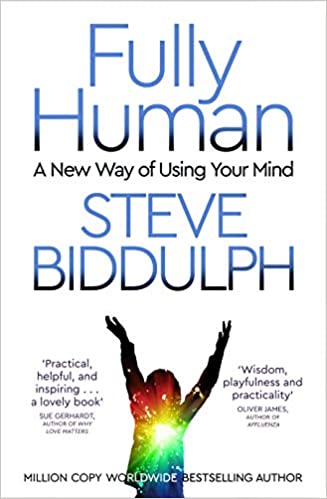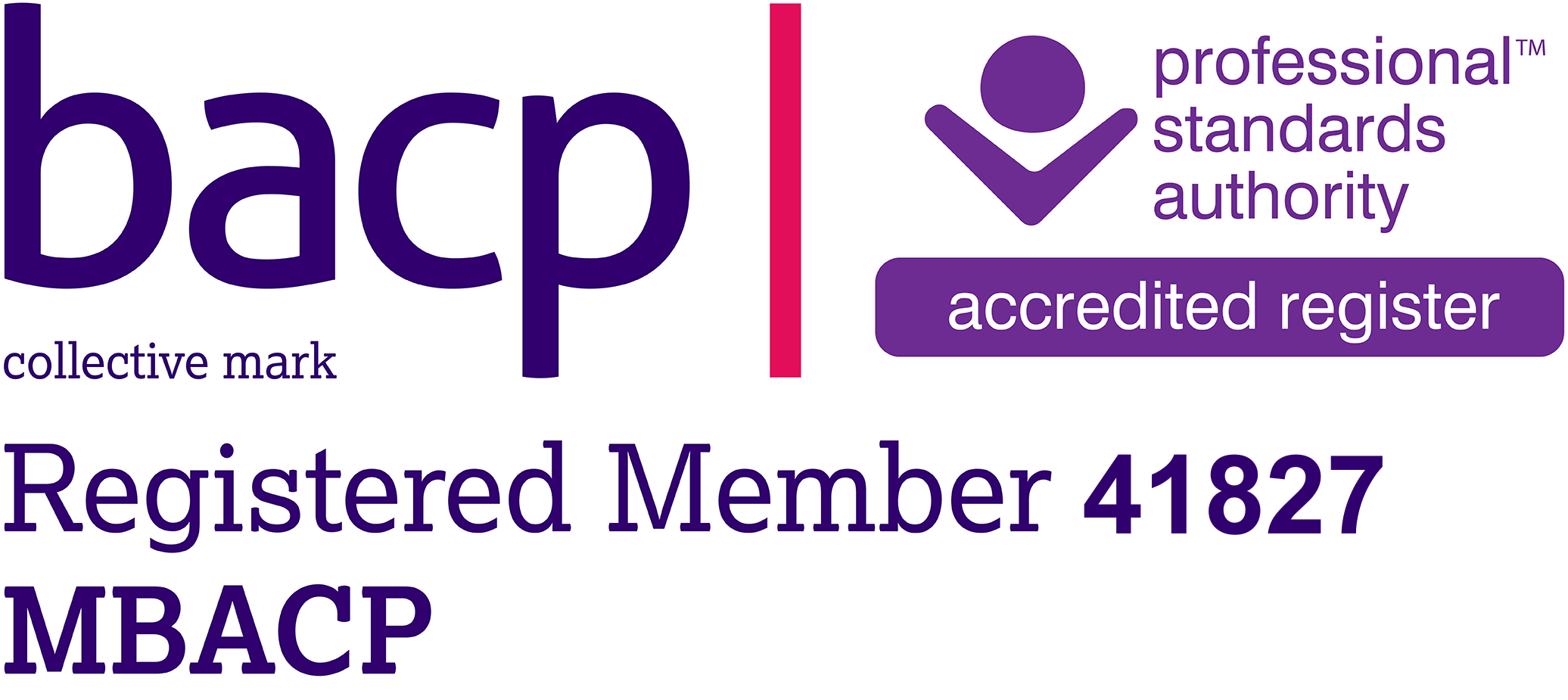Cognitive Behavioural Therapy (CBT) helps you to recognise the links between your thoughts, feelings, behaviour, physical reactions and environment and how they each affect one another. Small changes in just one area can often lead to positive changes in the others, and I often refer to the ‘hot cross bun’ diagram to illustrate this:

The process often involves keeping a daily record of your thoughts, feelings and behaviours in order to notice patterns such as Negative Automatic Thoughts (NATs), situations that trigger difficult feelings and unhelpful or outdated behaviour.
We can then discuss these in terms of what it is that you want to change, what the options are and how you might make some different choices now and in the future. This is likely to involve examining some of your assumptions and beliefs to see how you might be ‘getting in your own way’ as it were and to develop more helpful habits.
It is often possible to break down larger issues into smaller, more manageable chunks so as to get the ball rolling and for us to experiment to see what works for you so that you start to feel better, bit by bit.
Mindfulness has become very popular lately and, as I said in my previous blog on the subject, it does seem to have become a bit of a buzzword and perhaps in danger of being promoted as a bit of a ‘cure all’.
Having said that, there’s a good deal of research being done with the aim of demonstrating how it might help us increase our alpha brain waves which could increase our creativity and also help relieve the symptoms of conditions such as depression, anxiety and chronic pain.
Mindfulness is mostly about focusing on the ‘here and now’ and getting out of our heads and into our bodies. It is also about being kind and compassionate – to ourselves, as well as others.
Another aspect is the ‘beginner’s mind’. One of the ways I use this is to occasionally try to experience something I do, especially if I do it a lot, as if for the first time. Does it work for me – or is there anything about it that might be unhelpful? Also, I occasionally do something differently just to see what happens and how I feel – maybe sit in a different position, a different chair, talk to someone I might not normally speak to, take time to really look at something or just take a different route on a journey I do a lot.
I really like the book ‘Mindfulness, a practical guide to finding peace in a frantic world’ by Mark Williams and Danny Penman and I’ve downloaded (free) several short exercises from their site which I use myself and also with clients. I think it’s important to shape how we use mindfulness to suit our own lives – for example I find these exercises particularly useful for grounding myself before doing something important and also when I have trouble switching my brain off from a particular train of thought.
And this is where mindfulness and CBT meet, I think, and where Mindfulness Based Stress Reduction (MBSR) and Mindfulness Based Cognitive Therapy (MBCT) were probably conceived – see these NHS articles on recent research:

